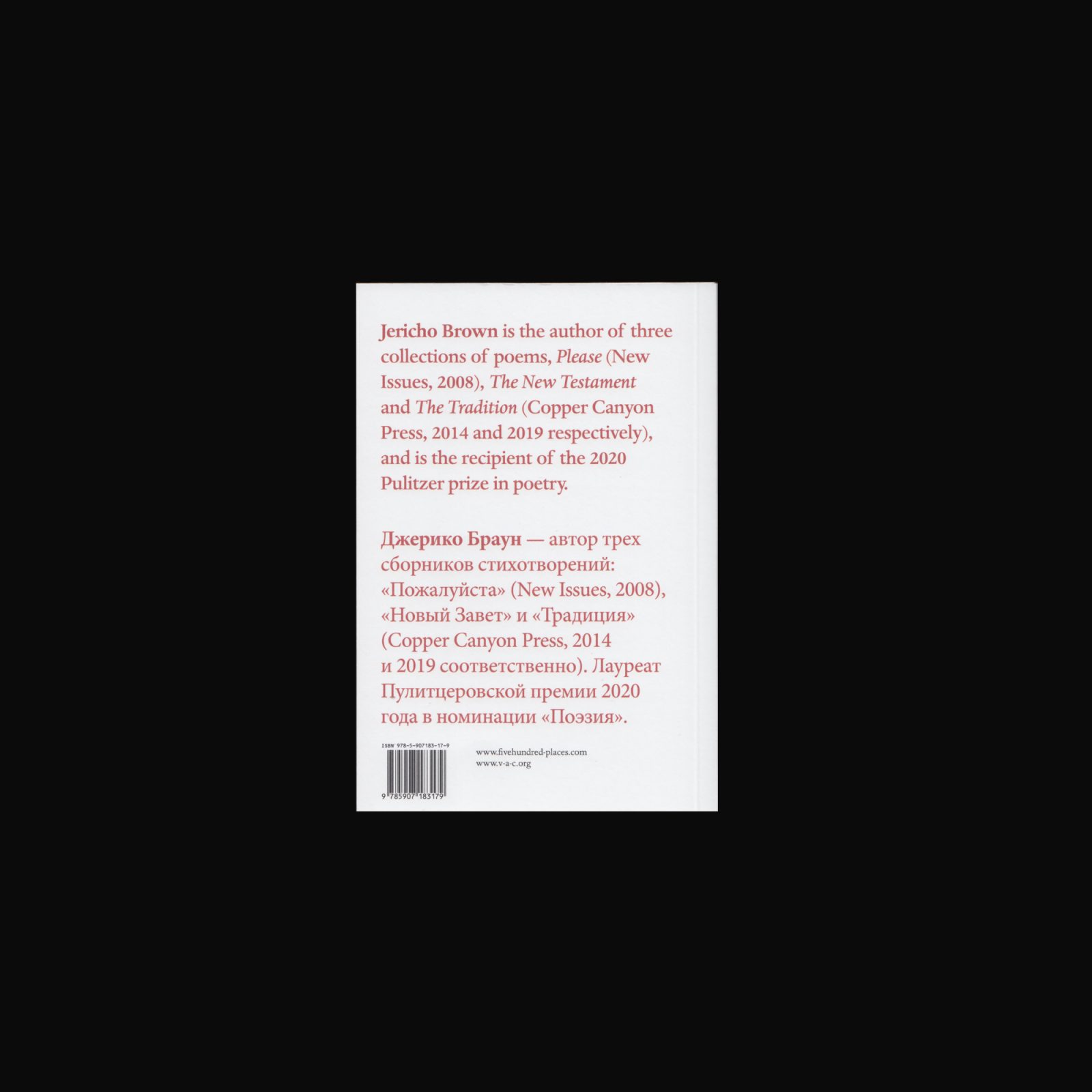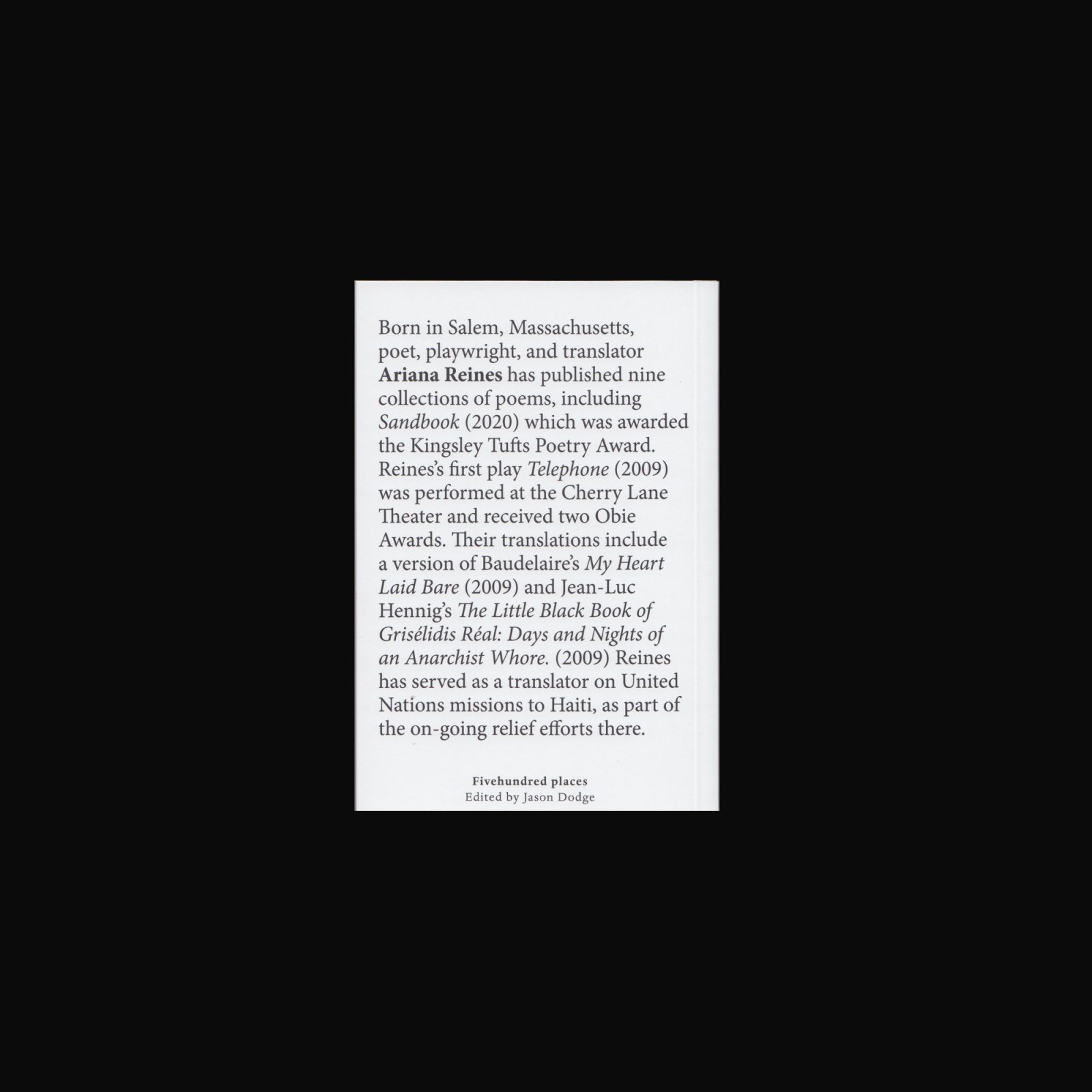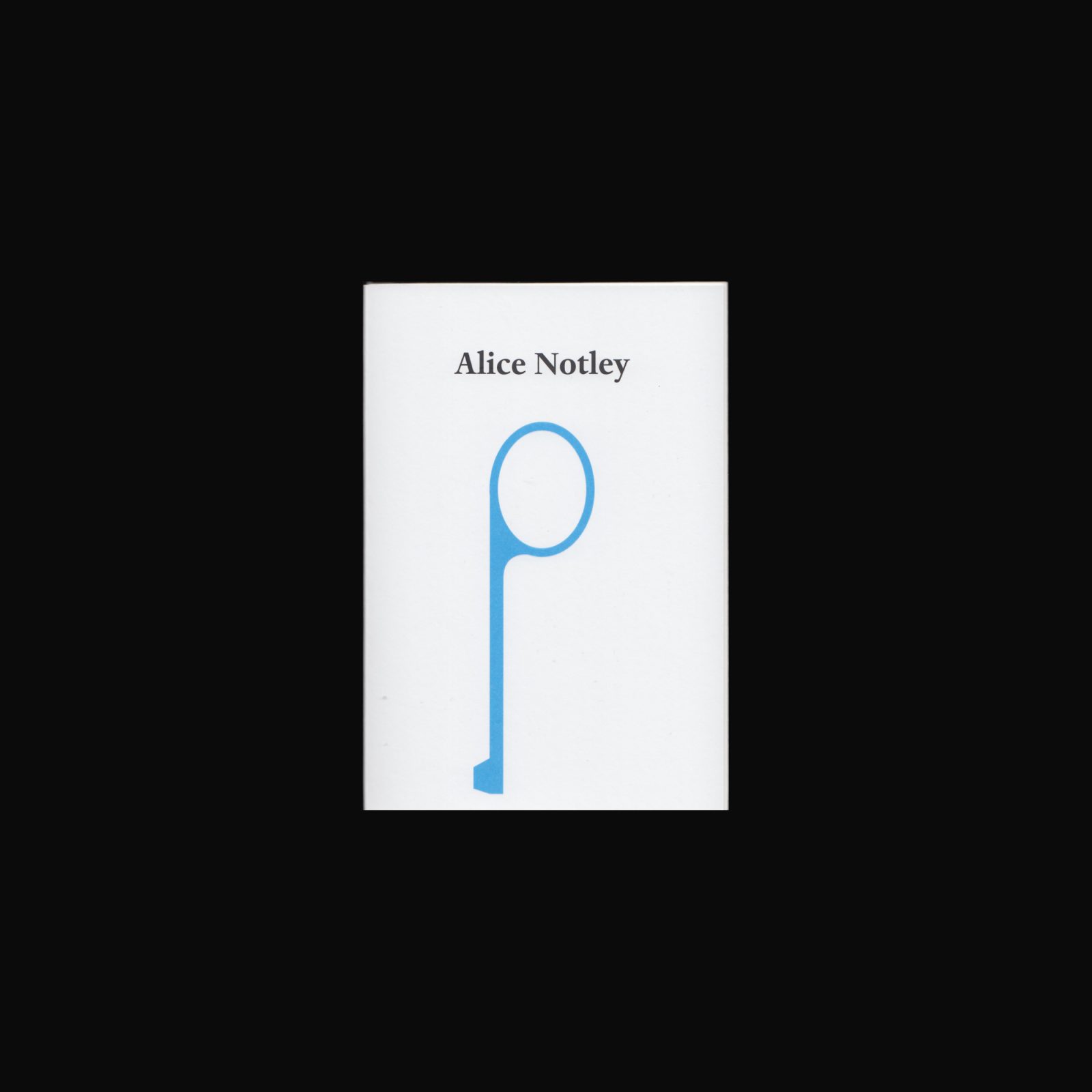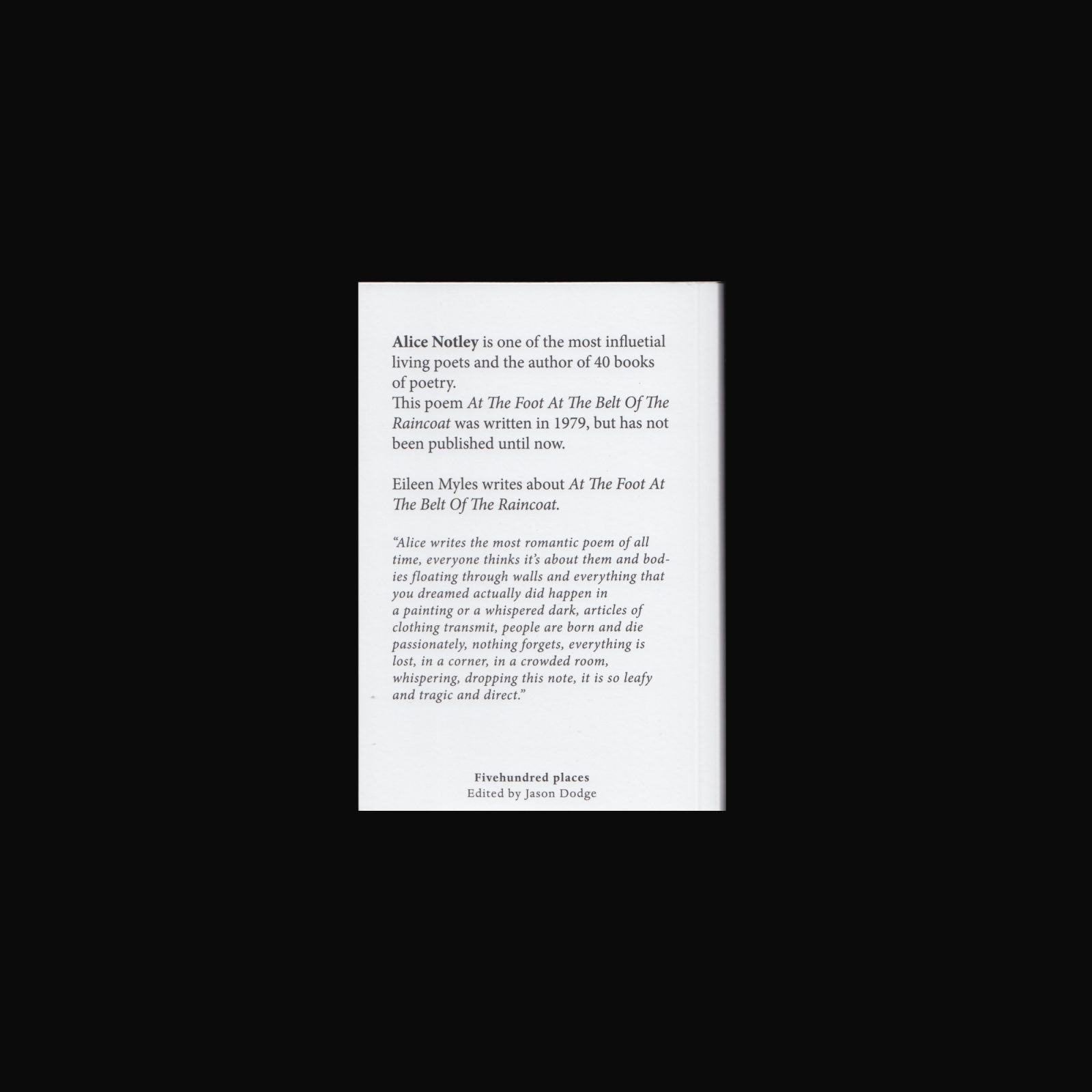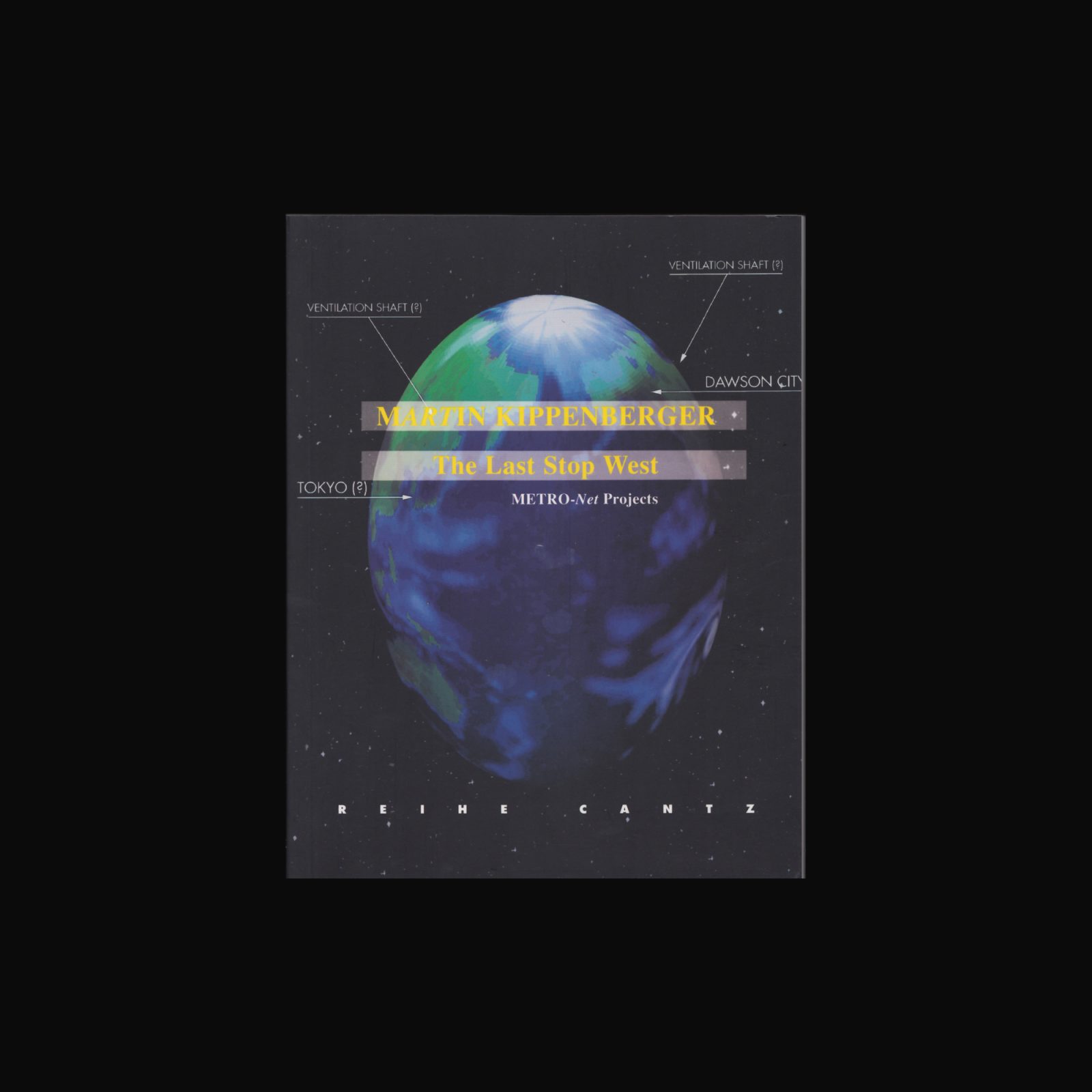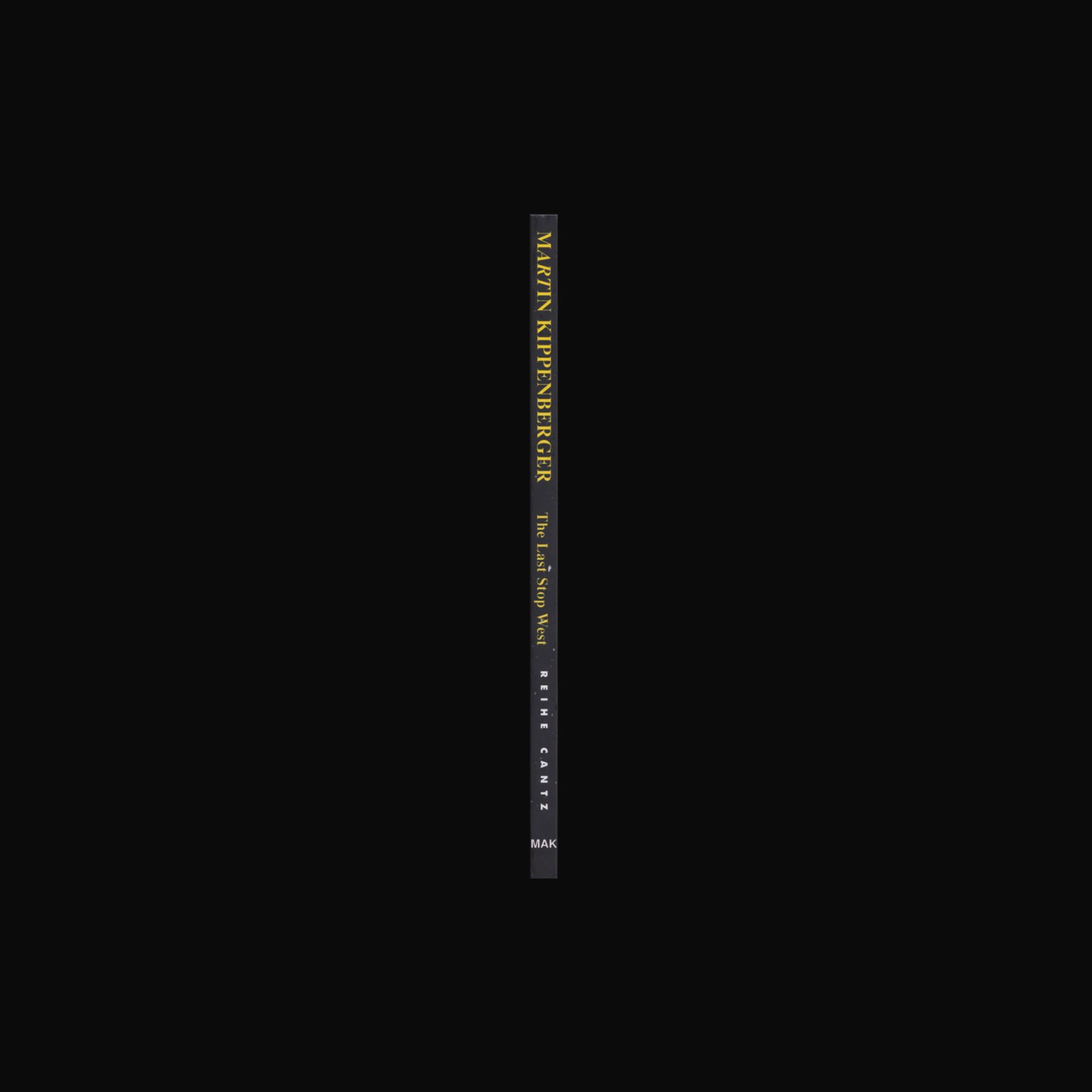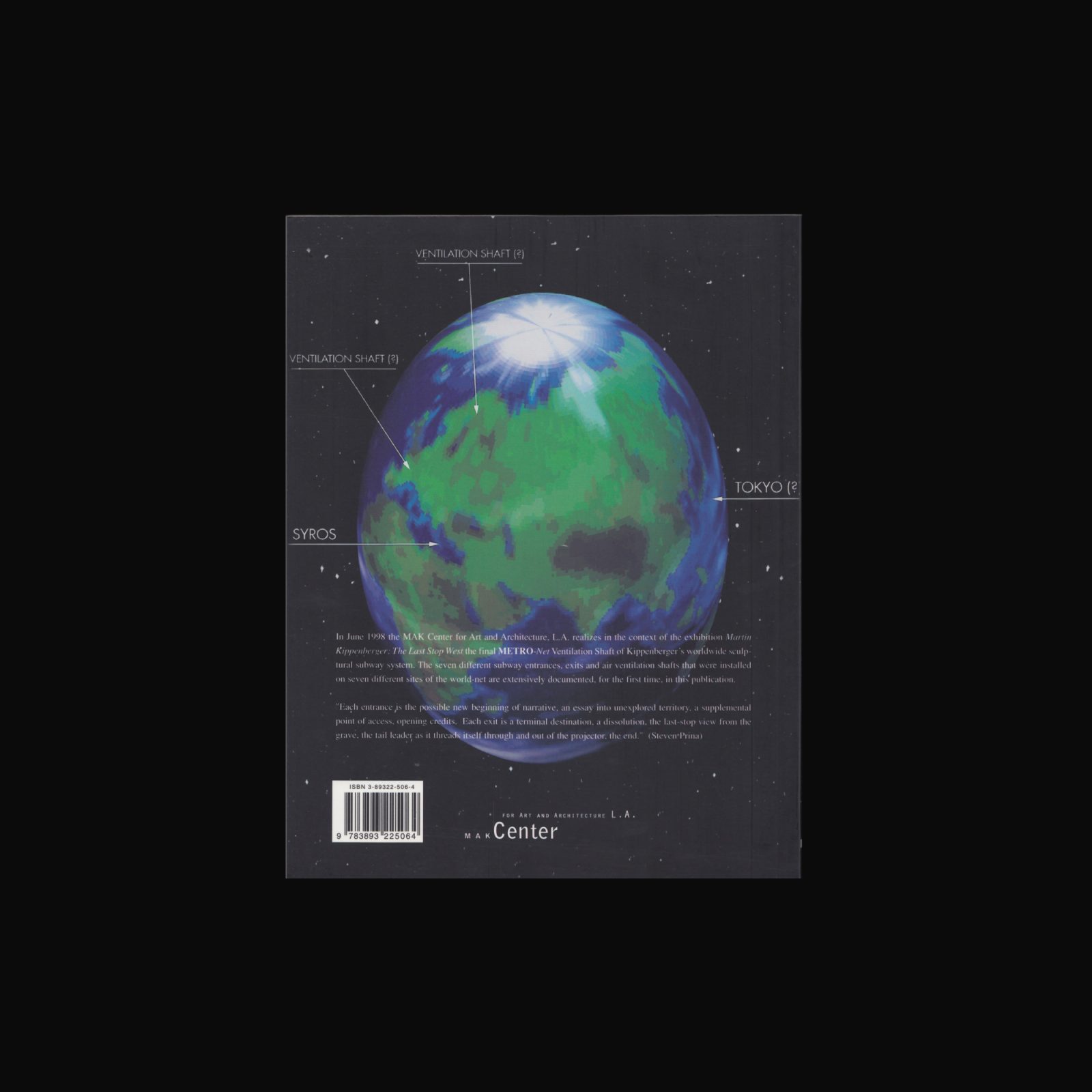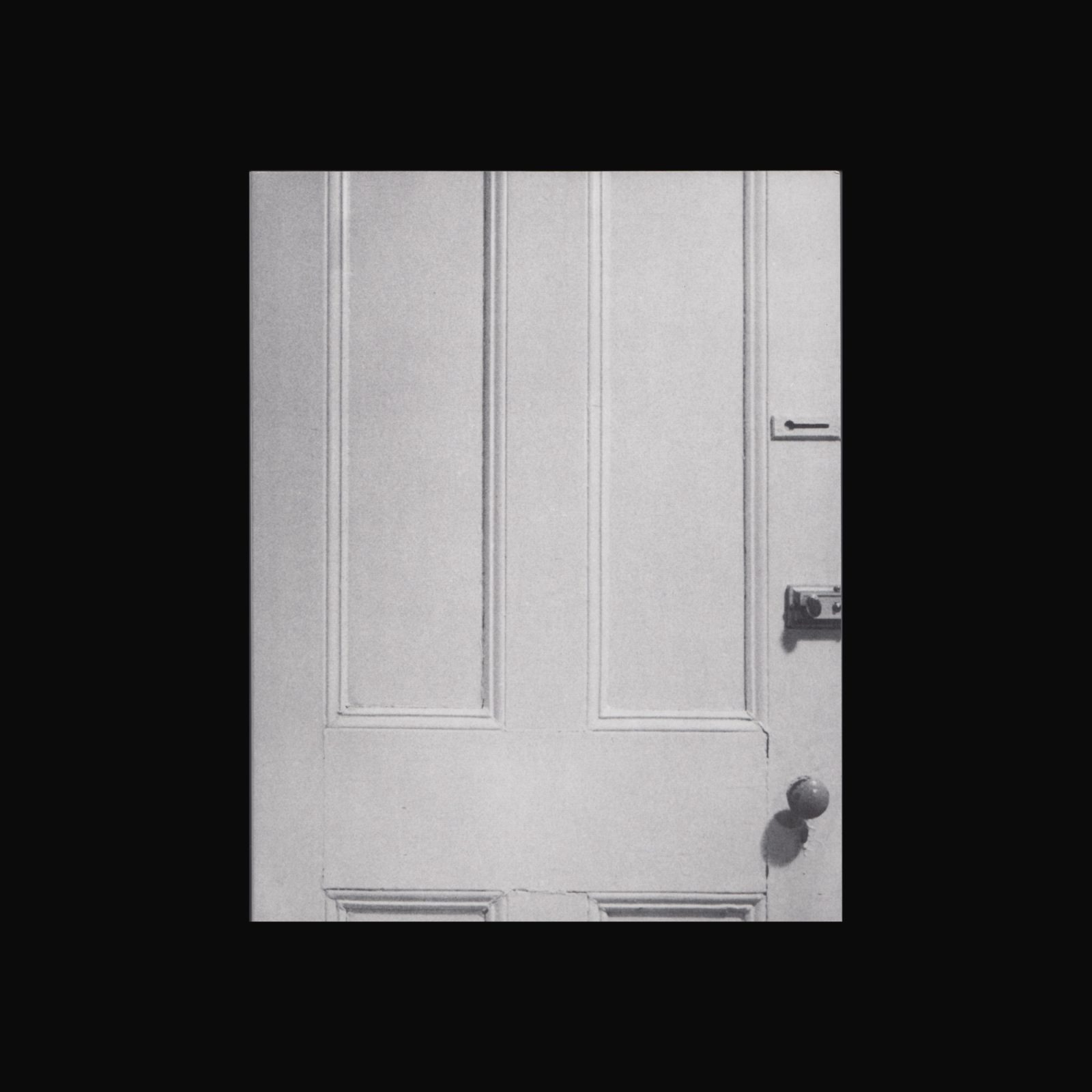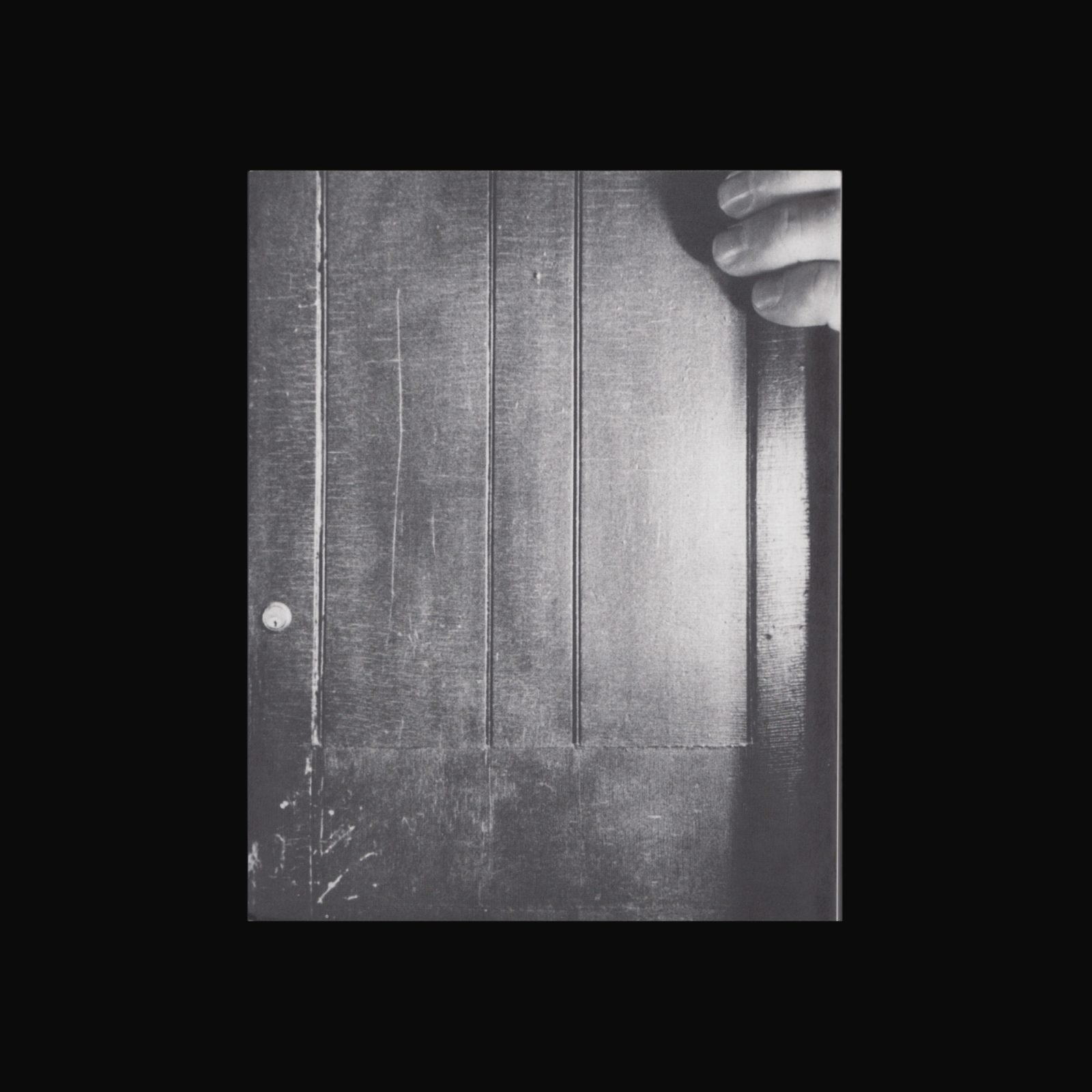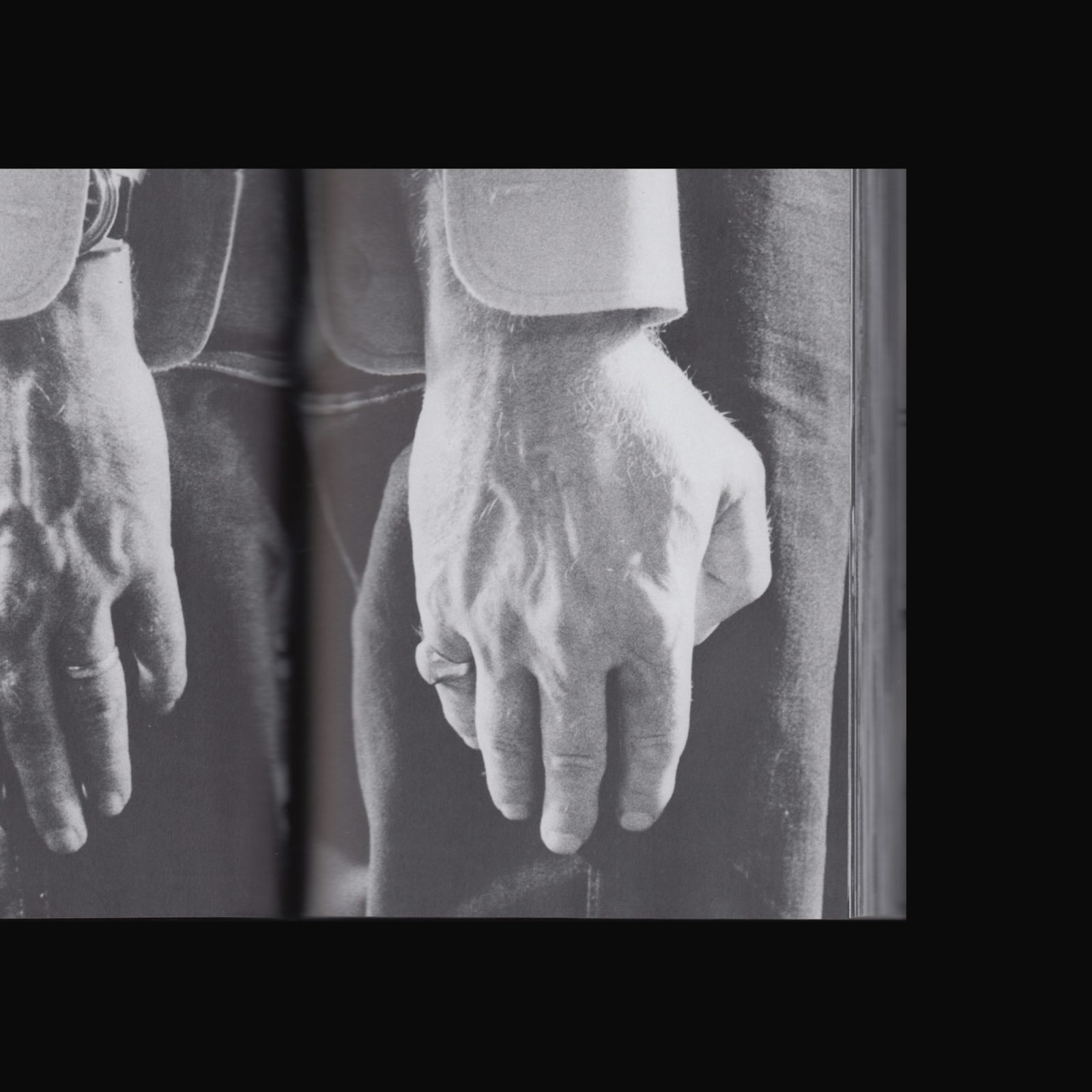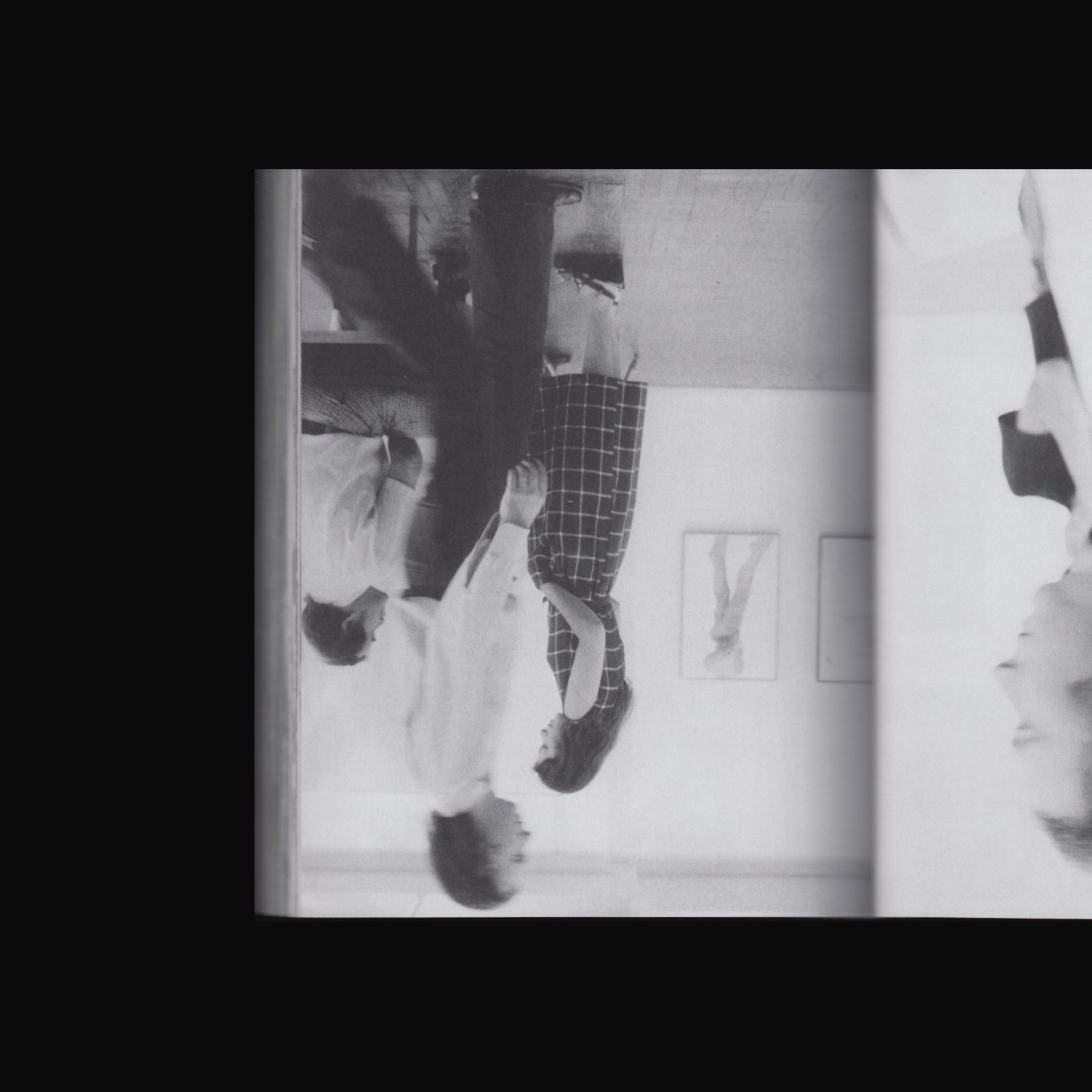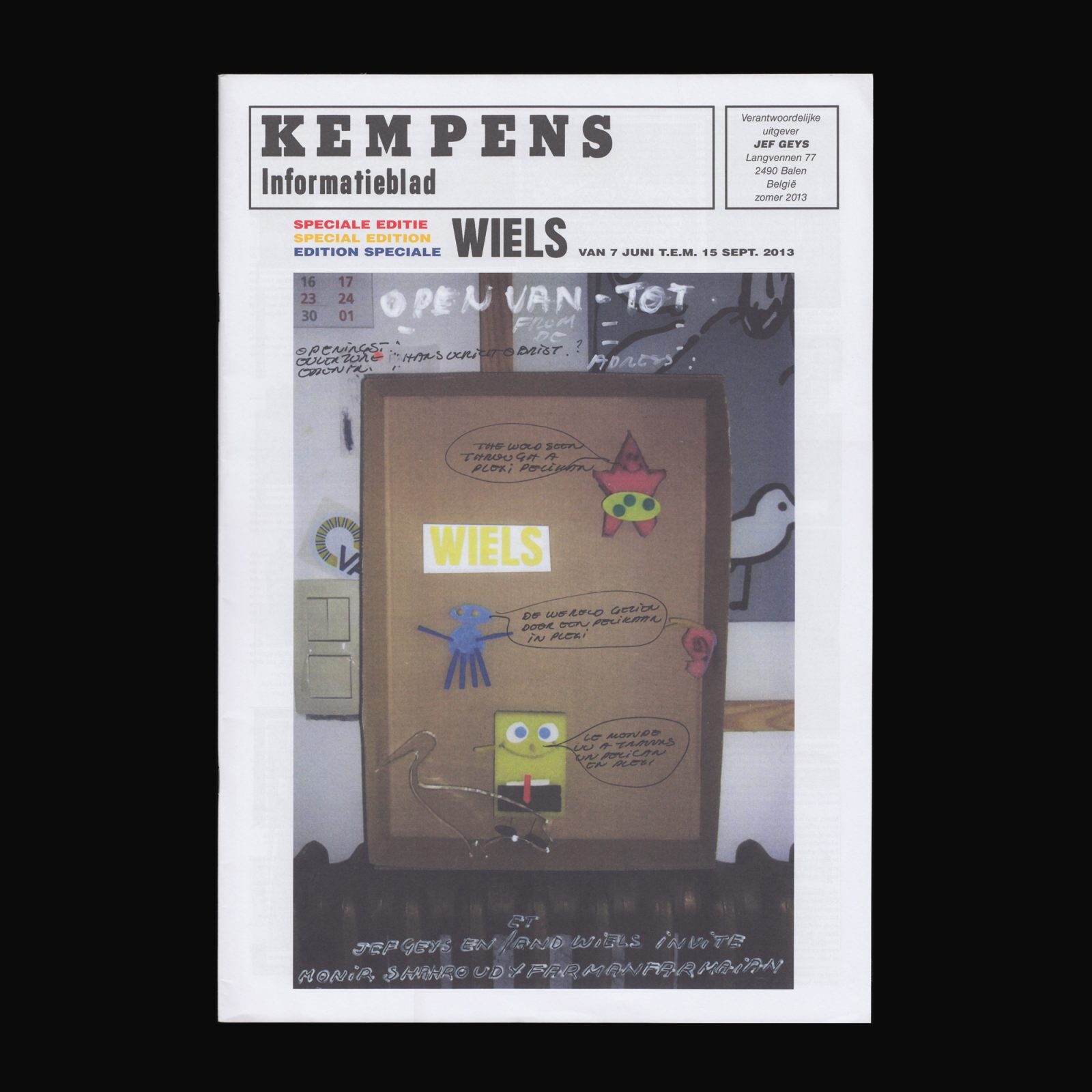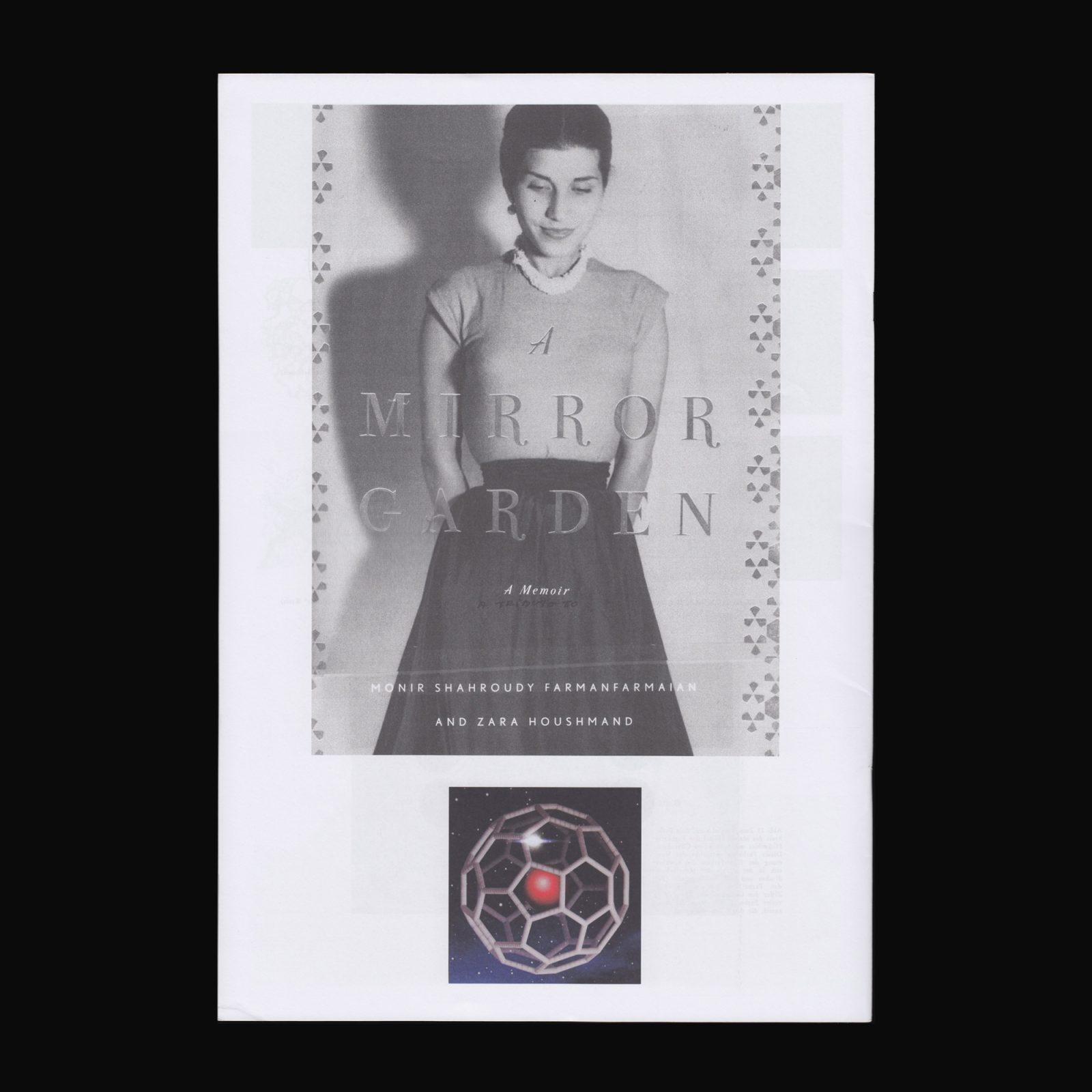With translations by Kirill Mededev, Christodoulos Panayiotou, Mayra Rodríguez Castro, Denise Ferreira da Silva & Valentina Desideri, Fernanda Brenner, Monika Szewczyk, Alix Eynaudi, Iman Issa, Natasha Ginwala.
Jericho Brown’s Duplex in translation is the second book in a new series co-produced by Fivehundred Places and V–A–C Press, Moscow, and is designed to explore some of the outer reaches of translation. Each book in the series is dedicated to multiple translations of a single poem. Inspired by a comment from Ilya Kaminsky about how translation should open windows and not create mirrors, artists, dancers, musicians, philosophers, curators, writers and visual thinkers were invited to imagine translations from their unique perspective, using a poem as a starting point, to make a version of that poem.


